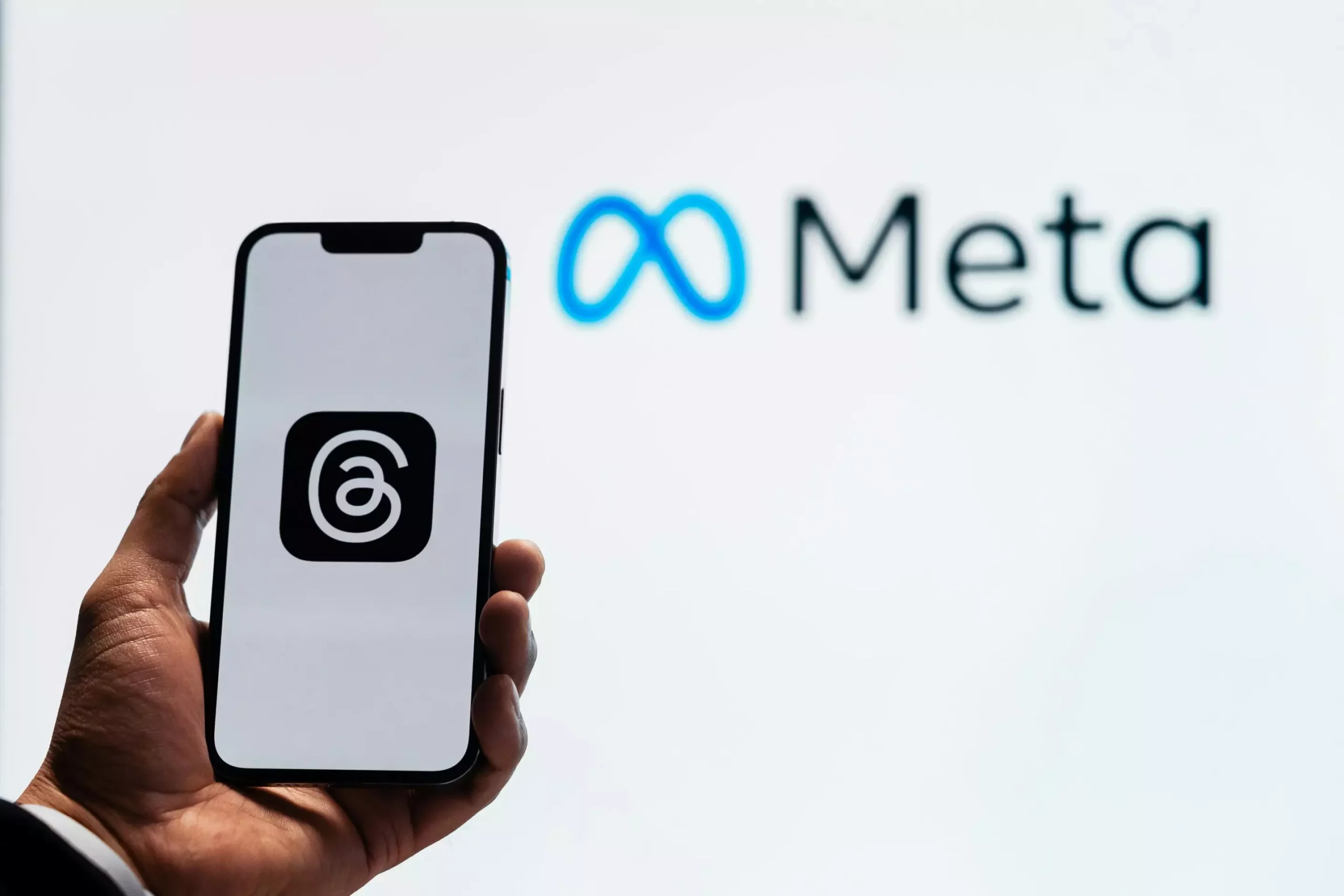Closed-source AI, as the name suggests, refers to AI models, datasets, and algorithms that are proprietary and kept confidential. While this approach helps companies protect their intellectual property and profits, it poses significant challenges in terms of transparency, accountability, and innovation. Companies like ChatGPT, Google’s Gemini, and Anthropic’s Claude fall into this category, where users have limited insight into the underlying data and algorithms powering the AI models. This lack of transparency not only hinders regulators’ ability to audit the systems but also raises concerns about data privacy and bias.
The Rise of Open-Source AI
On the other side of the spectrum, open-source AI champions transparency, collaboration, and accessibility. Companies like Meta have taken significant steps towards promoting open-source AI by releasing large AI models like Llama 3.1 405B to the public. These models are not only free to access but also come with open datasets and source codes, allowing for community collaboration, rapid development, and the identification of biases and vulnerabilities. While open-source AI presents its own set of risks, such as low-quality control and susceptibility to cyberattacks, it has the potential to democratize AI development and usage.
As the debate between open-source and closed-source AI continues, it raises important ethical questions around AI governance. How can we balance the need for protecting intellectual property with the benefits of open collaboration? How can we address ethical concerns around data privacy, bias, and misuse in open-source AI? These questions require a collective effort from governments, industries, academia, and the public to establish regulatory frameworks, ensure affordable computing resources, and advocate for responsible AI development. Achieving these goals is essential to creating a future where AI benefits society as a whole.
The public plays a crucial role in shaping the future of AI by advocating for ethical policies, staying informed about AI developments, and supporting open-source initiatives. By actively engaging with AI technology, users can contribute to a more transparent and accountable AI ecosystem. However, challenges remain in ensuring that open-source AI is used responsibly and ethically, without compromising intellectual property rights or falling victim to misuse. Balancing these competing interests will be key to harnessing the full potential of AI for the greater good.
The battle between open-source and closed-source AI reflects larger ethical dilemmas around transparency, accountability, and innovation in AI development. While both approaches have their merits and drawbacks, finding a balance between protecting intellectual property and fostering collaborative innovation is essential for ensuring AI serves the common good. By addressing these challenges head-on and actively participating in the dialogue around AI governance, we can pave the way for a more inclusive and ethical AI future.


Leave a Reply